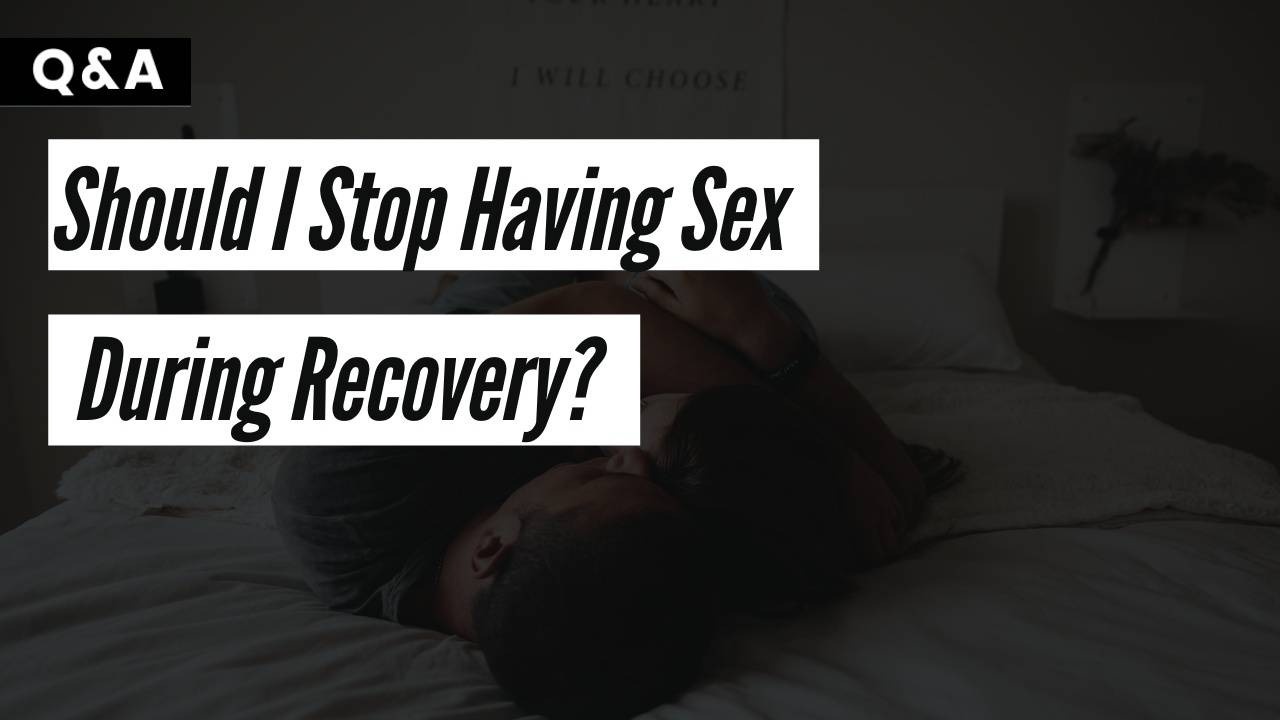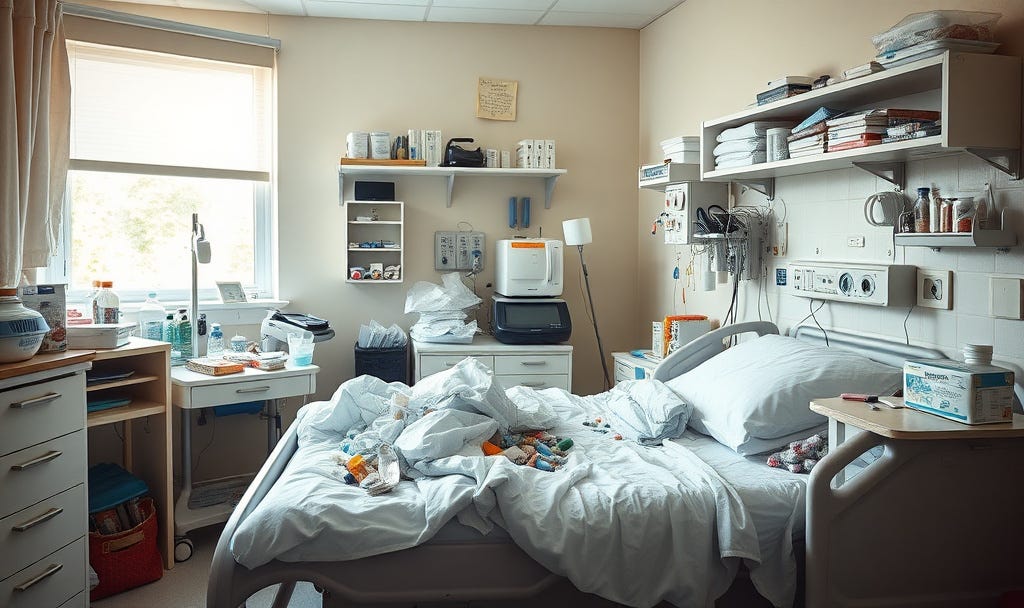Embarking on the journey of recovery is an act of courage and self-reflection. For those recovering from substance abuse, the early stages of this journey are marked by significant personal growth and change. One aspect of life that often surfaces during this time is the role of intimate relationships and sexual activity. The question of whether to engage in sex during early recovery is a complex one, with various implications to consider.
Should You Have Sex in Early Recovery?
Deciding to have sex in early recovery is a deeply personal decision that should be approached with careful thought. It’s crucial to understand that early recovery often involves a heightened state of emotional sensitivity and vulnerability. The decision to engage in sexual activity should be weighed against the stability and progress of one's recovery.
Pros of Sex in Early Recovery:
Human Connection: Positive sexual experiences can foster a sense of connection and intimacy with another person, which is a fundamental human need.
Stress Relief: Sex can be a natural stress reliever, releasing endorphins and other feel-good hormones that may aid in coping with the stress of recovery.
Self-Esteem: Healthy sexual encounters can boost self-esteem and body image, contributing to a more positive self-view.
Cons of Sex in Early Recovery:Emotional Instability: Engaging in sex too soon can lead to emotional turbulence, which may destabilize one's recovery journey.
Distraction from Recovery: Sex can become a distraction from the essential work of recovery, potentially leading to neglect of support systems and recovery activities.
Risk of Codependency: There's a risk of developing codependent relationships, where sex is used as a means to seek validation and avoid dealing with personal issues.
What Does It Mean If You Do?Choosing to have sex in early recovery might indicate a readiness to explore intimacy without the influence of substances. It could signify a desire for closeness and a test of one's ability to engage in relationships healthily. However, it’s important to be cautious and to ensure that sex isn’t being used as a substitute for substances or a way to mask unresolved issues.
What Does It Mean If You Don’t?
Abstaining from sex during early recovery could be a conscious choice to focus on self-improvement and avoid potential emotional complications. It might reflect an understanding of the importance of establishing a stable foundation in recovery before taking on the complexities of a sexual relationship. This choice can also be an opportunity to discover self-worth independently of others.
Exploring All Sides
Whether you choose to engage in sex during early recovery or not, it’s essential to examine your motivations and the potential impact on your recovery process. Some critical questions to consider include:
Are you ready for the emotional responsibility that comes with sex?
Is your decision driven by a genuine connection, or are you seeking validation?
How does sex align with your recovery goals and values?
The Risk of Replacing Love or Acceptance with Sex
One of the hazards in early recovery is the possibility of substituting the addiction to substances with an addiction to sex or using sex as a means to gain love and acceptance. It's important to recognize if sexual activity is becoming compulsive or if it's serving as a coping mechanism to fill an internal void. Therapy and support groups can provide invaluable insight into these patterns.
In conclusion, sex in early recovery is a nuanced topic with no one-size-fits-all answer. It requires honest self-assessment, open dialogue with therapists or support groups, and a commitment to one's recovery journey. Ultimately, the choice to engage in sex should be made with mindfulness, respecting both one's own needs and the overarching goal of healthy, long-term recovery.-Belle-




:max_bytes(150000):strip_icc()/GettyImages-1062702818-685412ad8d0d4026b572d9929c7d4f2f.jpg)








No comments:
Post a Comment